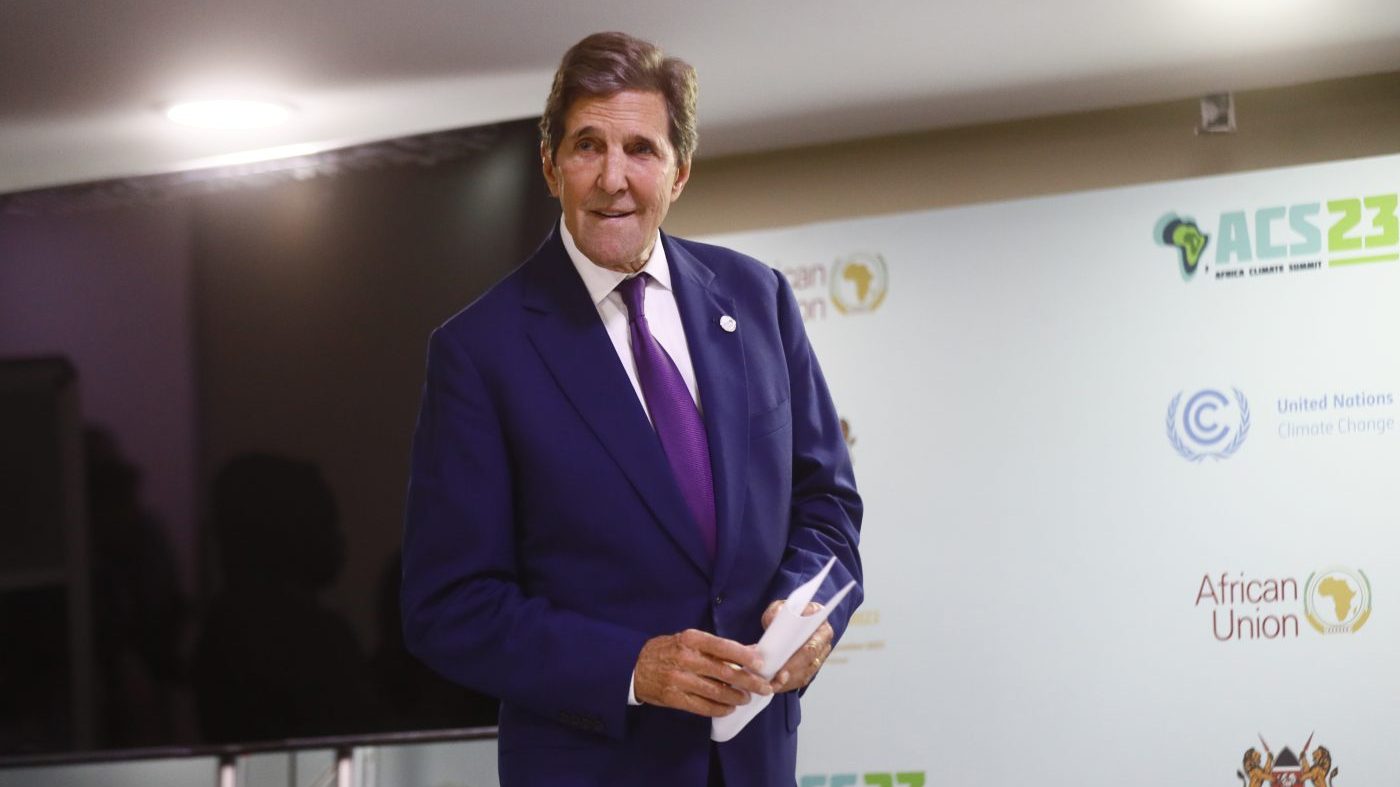The truth is complicated. Some economists argue that policies that reduce our demand for, rather than supply of, planet-warming fossil fuels are more effective. But such policies are also imperfect and politically difficult.
The use of fossil fuels — coal, oil and gas — is the main driver of climate change, which in turn contributes to more frequent and intense storms and flooding, as well as droughts, fires and food insecurity.
Climate policies can take several forms, including those that try to limit fossil fuel supply and those that try to reduce our need for such energy sources.
Renewable energy tax credits, mandated shifts to climate-friendly power sources and making homes, buildings and transportation more energy efficient reduce the need for fossil fuels.
Limiting supply involves policies such as curbing how much fuel can be produced or exported or blocking specific fossil fuel projects.
Supply-side policies are often the ones in the news. Climate activists have excoriated the Biden administration for its approval of the Willow Project, a ConocoPhillips oil drilling venture in Alaska.
The project is expected to produce 576 million barrels of oil — generating 239 million metric tons — over a 30-year period.
Read more at TheHill.com.










